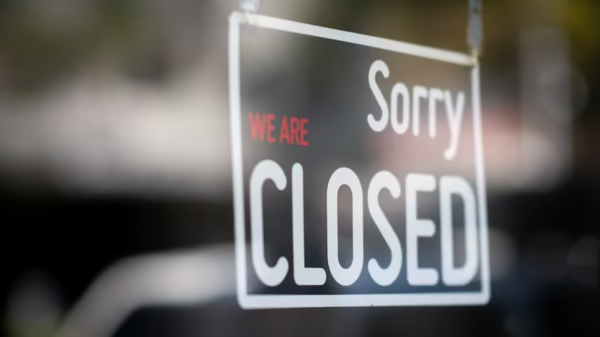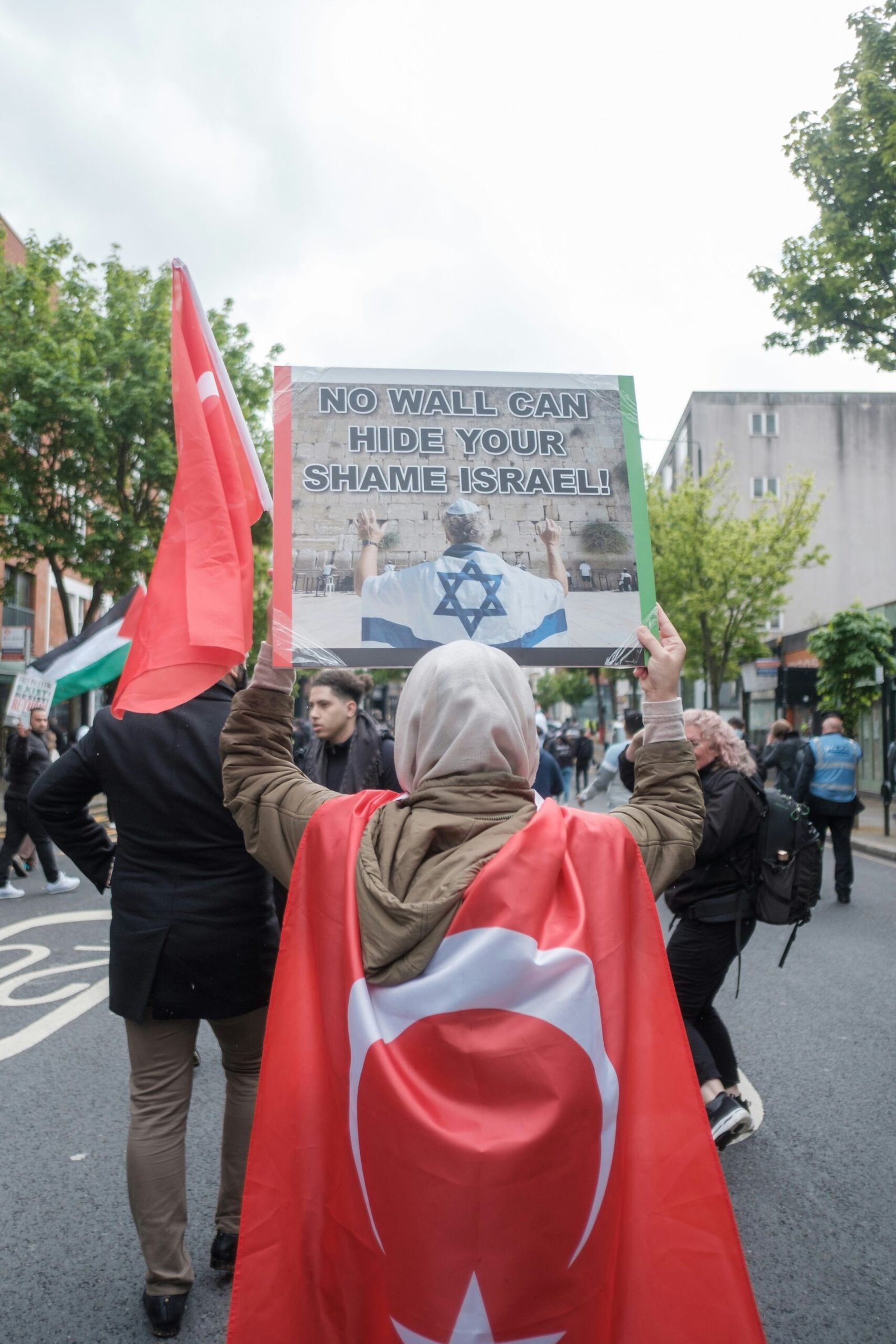The situation in Gaza remains dire, with reports of hundreds killed in the last 24 hours due to Israeli strikes. This ongoing conflict continues to cause significant loss of life and raises concerns about the humanitarian situation in the region.
The Israel-Gaza conflict has a long and complex history, rooted in political, territorial, and religious tensions. The recent escalation began with protests and clashes in Jerusalem over the eviction of Palestinian families from the Sheikh Jarrah neighborhood. These events quickly spiraled into violence, with rockets fired from Gaza and Israeli airstrikes targeting Gaza.
As the conflict intensifies, the impact on civilians in Gaza is devastating. Reports indicate that many of those killed are civilians, including women and children. The infrastructure in Gaza, including hospitals, schools, and residential buildings, has been severely damaged, further exacerbating the humanitarian crisis.
The international community has expressed deep concerns about the escalating violence and loss of life. Calls for an immediate ceasefire and diplomatic negotiations have been made by various countries and organizations, including the United Nations. Efforts are underway to broker a truce and bring an end to the hostilities.
Humanitarian organizations are working tirelessly to provide aid and support to those affected by the conflict. However, access to essential services and supplies is limited due to the ongoing violence and restrictions on movement. The already fragile healthcare system in Gaza is struggling to cope with the influx of injured patients, while shortages of food, water, and electricity further compound the crisis.
The impact of the conflict extends beyond the immediate loss of life and physical destruction. The psychological toll on the people of Gaza, especially children, is immense. Living under constant fear and uncertainty takes a heavy toll on mental health, leaving long-lasting scars on individuals and communities.
Efforts to find a lasting solution to the Israel-Gaza conflict have been ongoing for years. The core issues, including the status of Jerusalem, the right of return for Palestinian refugees, and the establishment of an independent Palestinian state, remain unresolved. The lack of progress in the peace process only fuels further frustration and despair among the affected populations.
It is crucial for the international community to engage in diplomatic efforts and support a peaceful resolution to the conflict. Dialogue and negotiations, based on respect for international law and human rights, are essential to address the root causes and bring about a just and lasting peace.
While the immediate focus is on ending the violence and providing urgent humanitarian assistance, a comprehensive approach is needed to address the underlying issues and promote reconciliation. This includes addressing the grievances of both Israelis and Palestinians, ensuring security for all, and fostering economic development and cooperation in the region.
The Israel-Gaza conflict is a tragic reminder of the urgent need for a peaceful and just resolution. The loss of life and suffering on both sides is unacceptable and must be addressed with utmost urgency. The international community has a responsibility to work towards a lasting solution that respects the rights and aspirations of both Israelis and Palestinians.
As the situation continues to unfold, it is crucial to prioritize the protection of civilians and the provision of humanitarian aid. The people of Gaza deserve peace, security, and dignity, and it is our collective responsibility to support them in achieving these fundamental rights.



































